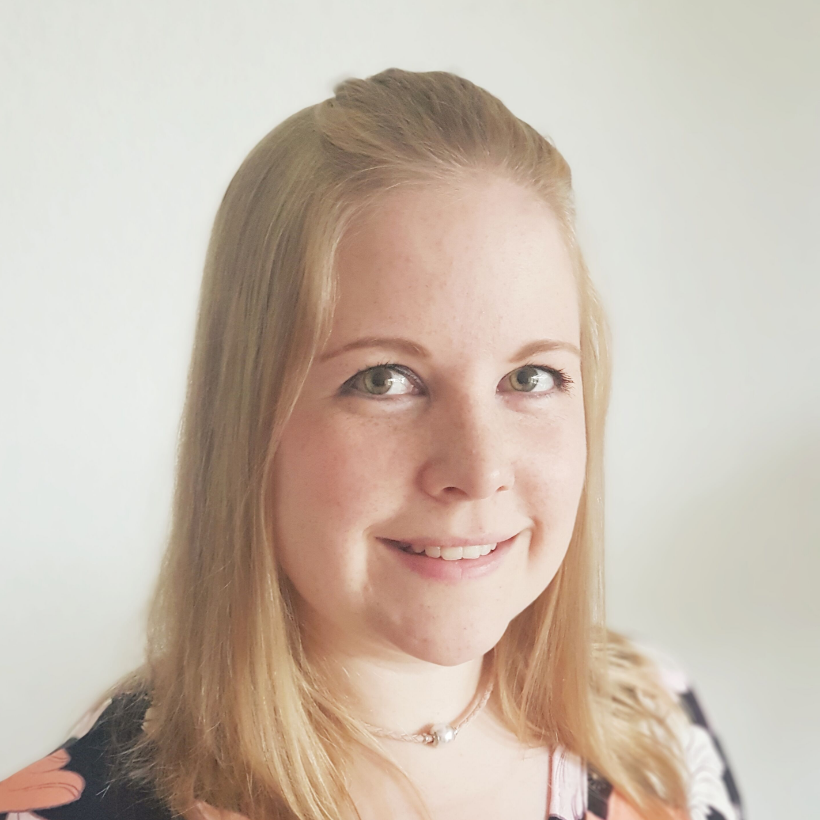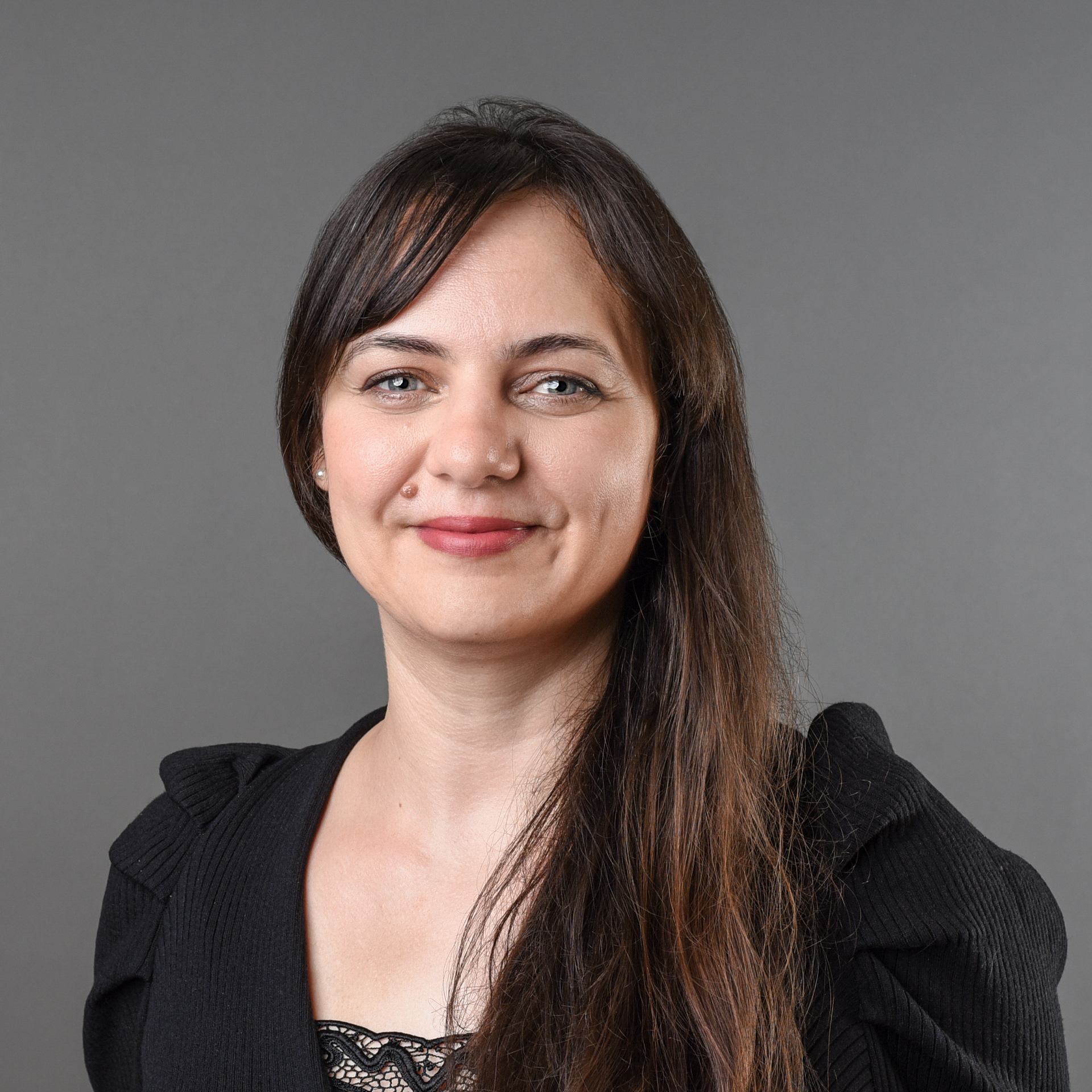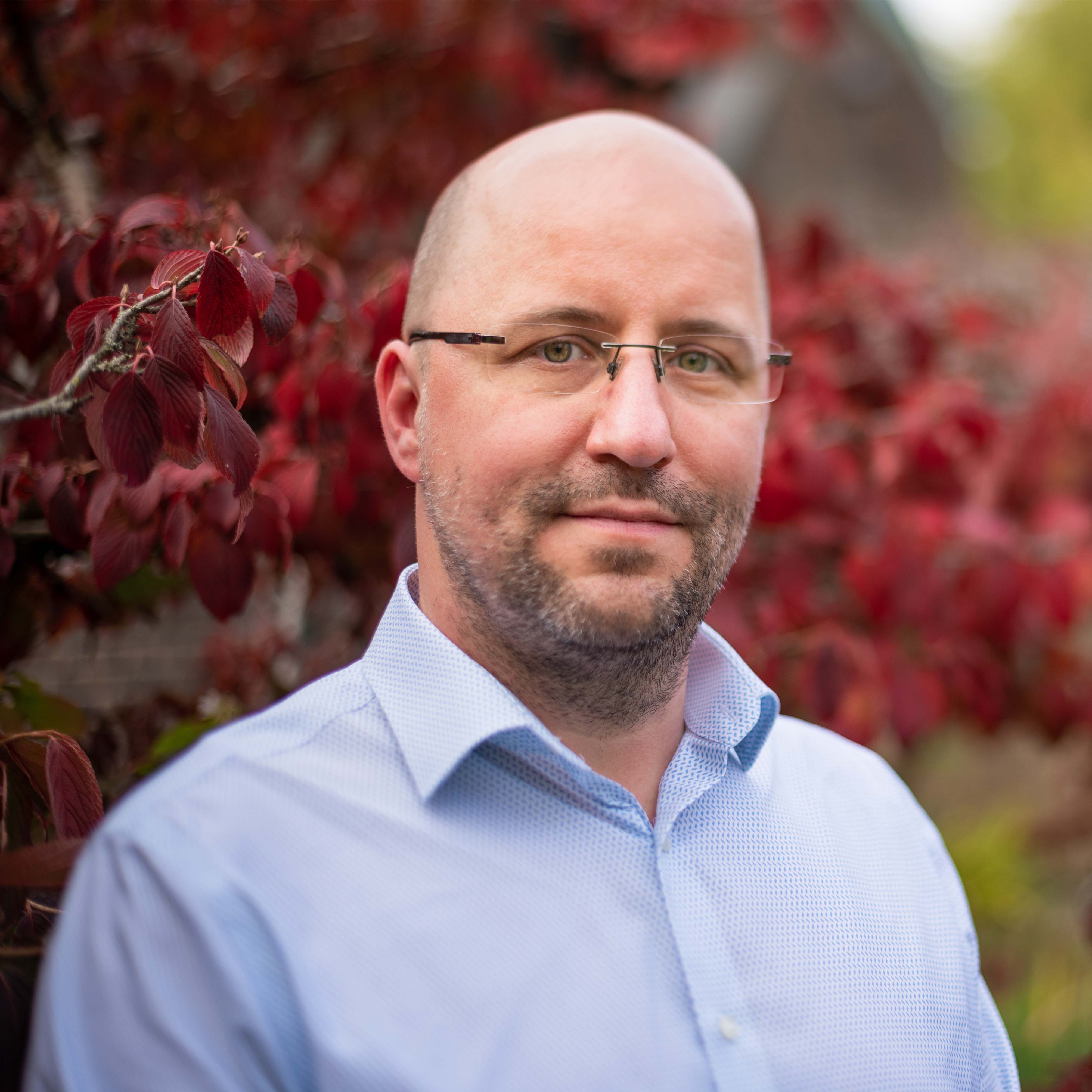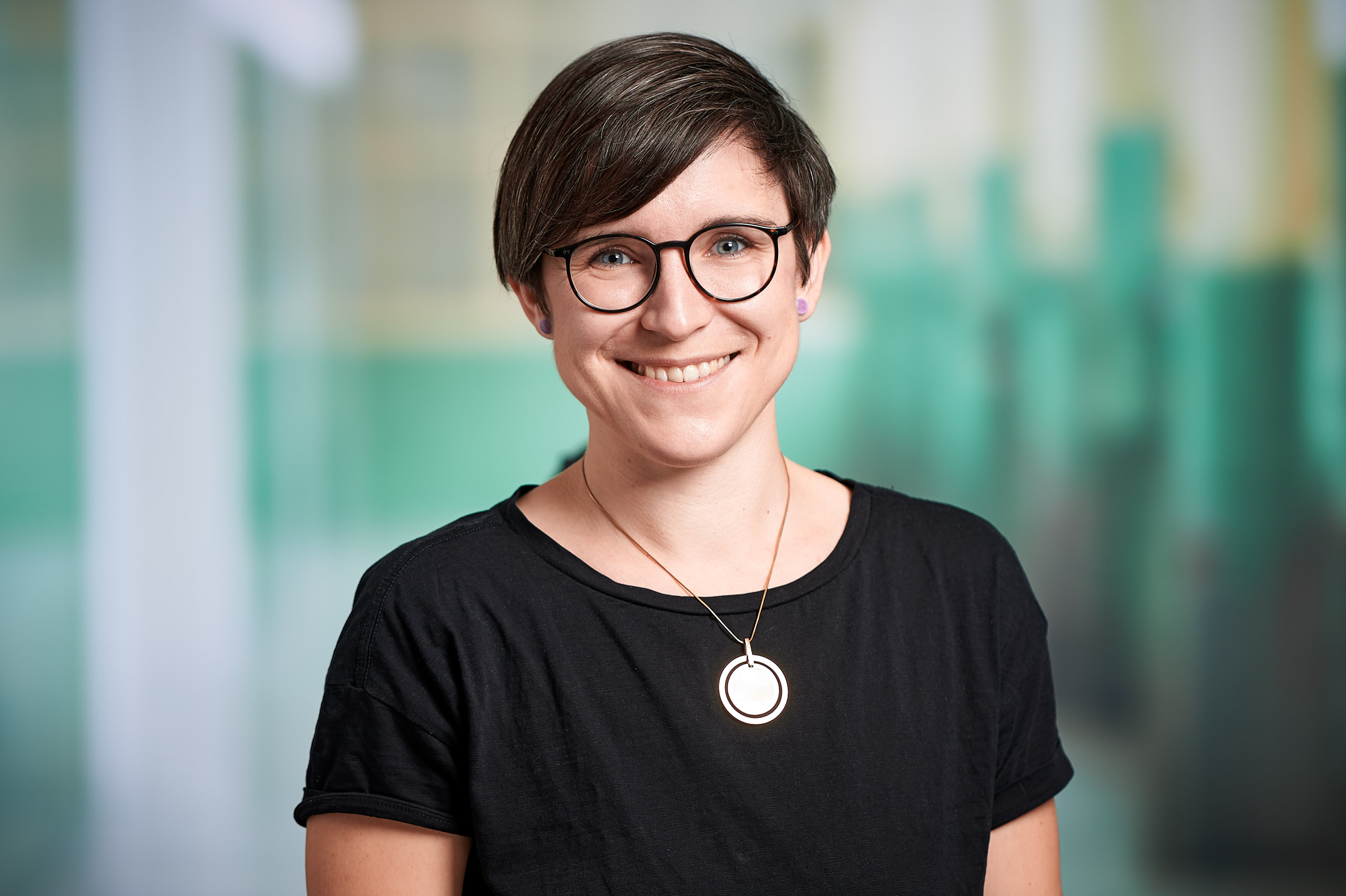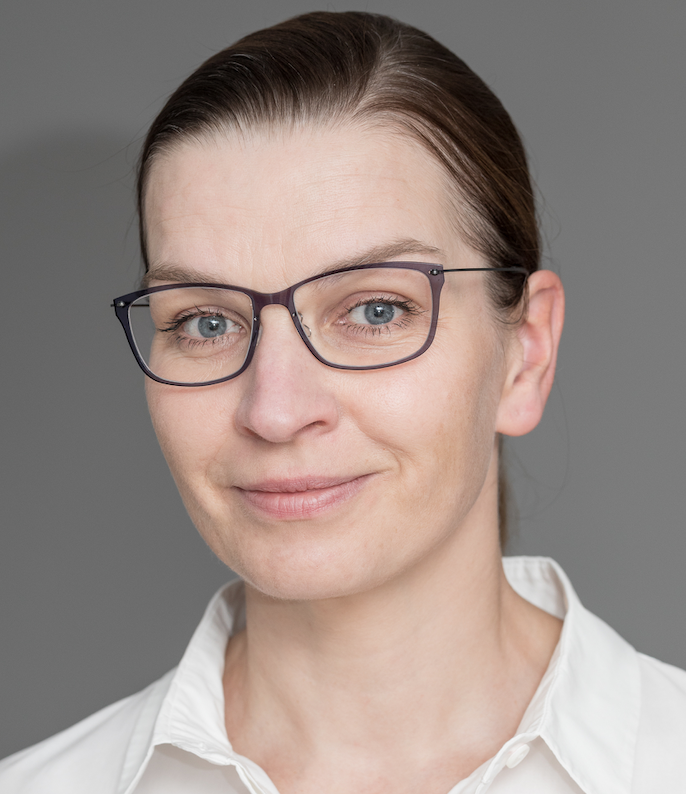Innovative technologies from the field of Natural Language Processing (NLP) enable augmented intelligence applications in the field of health and psychology. In this track, we explore solutions from practice that already employ such technologies, or promising approaches from research targeting the application in practice, with the scope of bridging the gap between Natural Language Processing technology research and the clinical environments.
Introducing NLP and AI techniques in medicine is not just a technological goal to further advance automation in this field. On the contrary its main motivation is to augment humans themselves to ameliorate their medical decision processes in the most natural way possible. Consequently, the NLP and AI systems that we deploy in practice need not only provide our doctors with more accurate and timely advice, but they should try to do so in a non-obstructive way (compared to traditional time- consuming and bureaucratic processes). This is of course the case, when we want to enable our doctors to focus their attention on what matters the most: their patients. Summarized in a short sentence: Medical NLP & AI should be safe, ubiquitous and transparent to its users, so that medical treatment itself becomes more humane. This is a concrete goal that is being put forward by a growing community of medical practitioners that see AI and NLP as an opportunity to augment the time and quality of doctor/patient interactions in practice.
Augmented intelligence applications based on Natural Language Processing technologies to be applied to psychology and psychiatric use cases are an up-coming topic in research. Furthermore, different products are already on the market, in both Europe and the USA. For example, it has been shown that NLP methods can be promising for analyzing narrative notes for prediction in the field of psychiatric readmission or computerized cognitive behavioral therapy, enabling interdisciplinary projects between researchers and practitioners from different domains.
This track aims to connect researchers, practitioners and start-ups interested in this area and discuss the current state-of-the-art of (applied) research and applications in the field.
